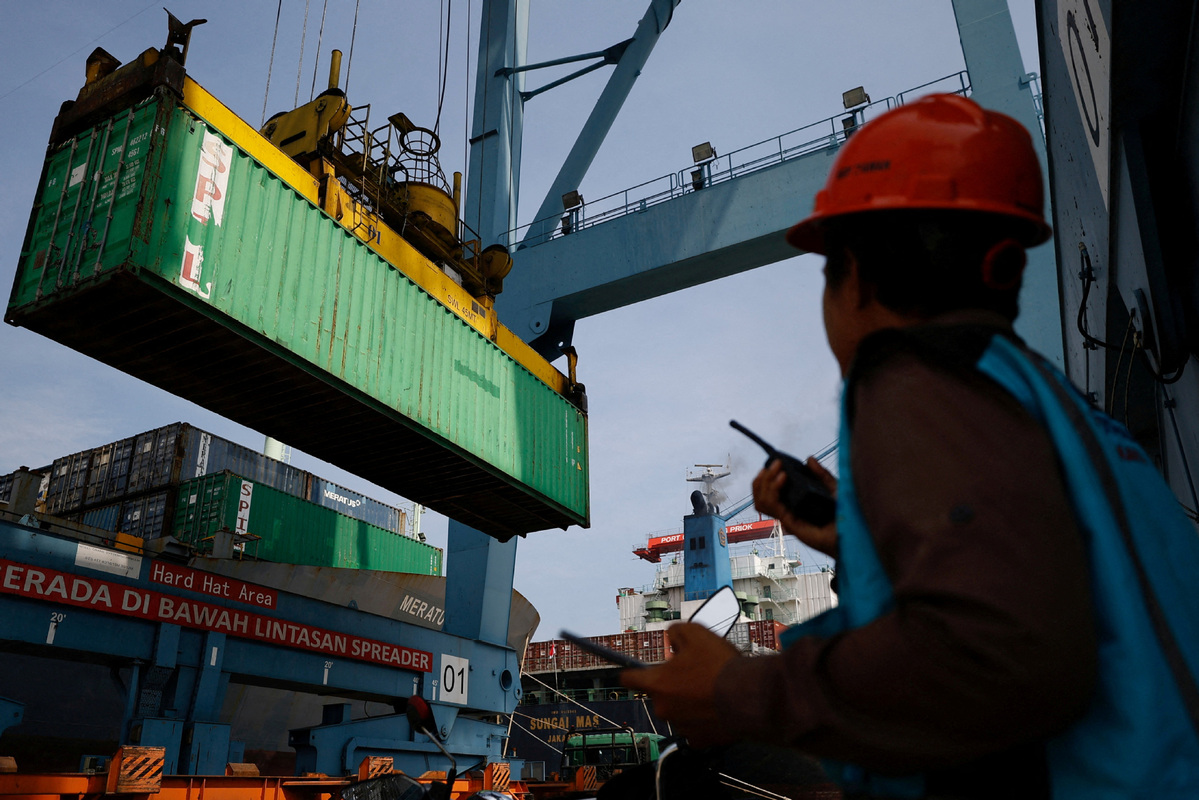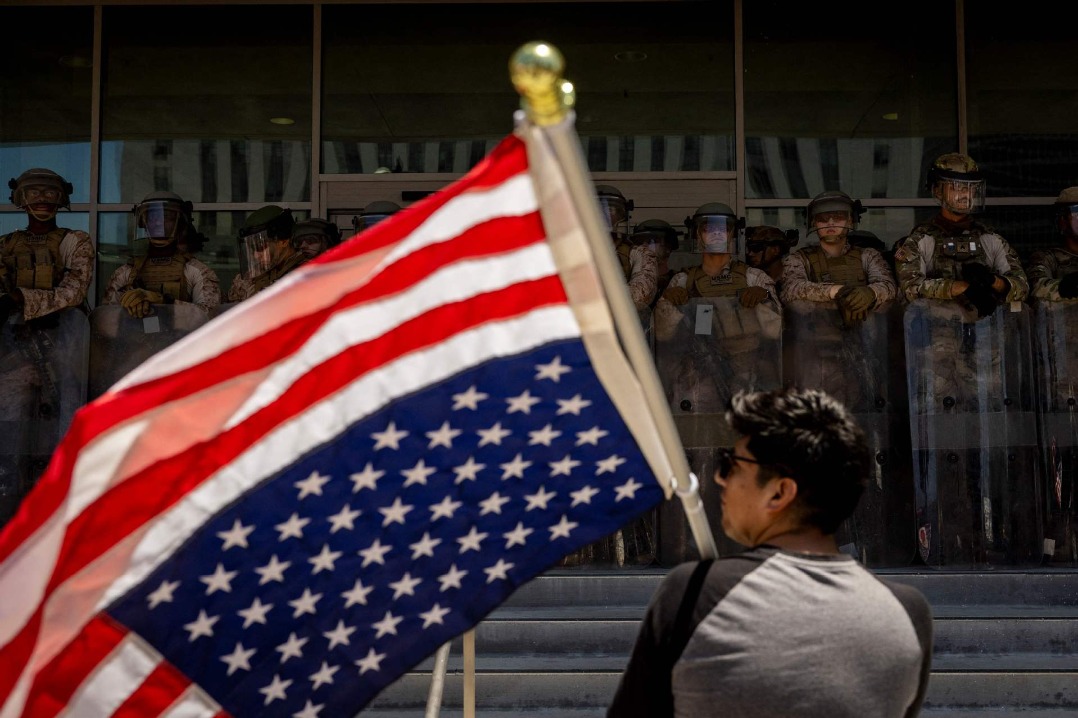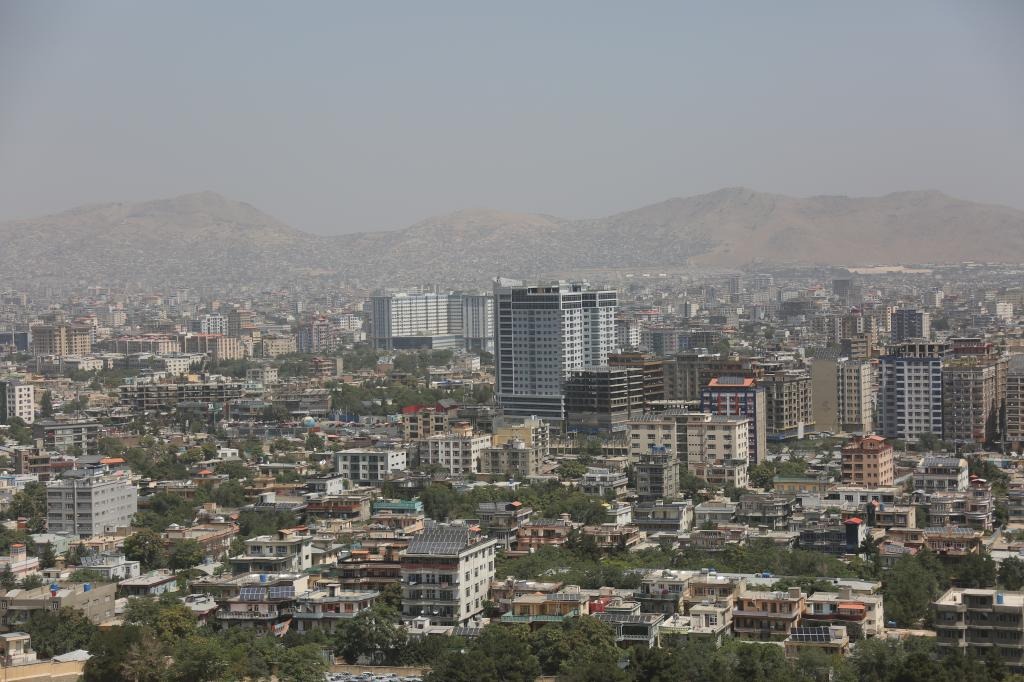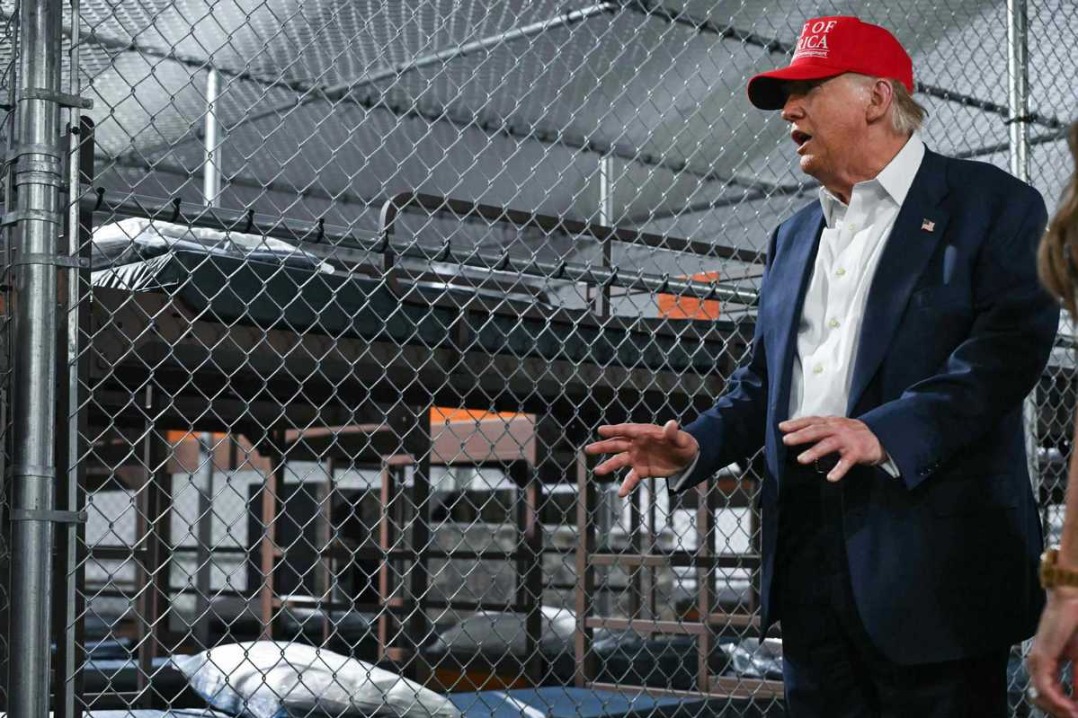ASEAN eyes united response to tariffs
Nations begin talks with Washington as experts suggest looking at China market


Southeast Asian countries have begun bilateral talks with the United States as the trade-dependent region grapples with potential effects of high tariffs and growing protectionism.
Indonesia, Malaysia and Vietnam have either started or expressed interest in conducting negotiations, while leaders within the Association of Southeast Asian Nations have urged leveraging their strength as a bloc to negotiate with Washington.
Suthiphand Chirathivat, a professor emeritus of economics at Chulalongkorn University in Bangkok, said ASEAN countries should "stand together for the best for all".
Sonal Varma, a chief economist at Japanese investment bank Nomura, said ASEAN countries will seek negotiations to "address some of the shortcomings of the existing (trading) system, but without causing too much damage to everyone".
Varma also sees an increase in intra-regional trade, saying ASEAN members "will need to open up their markets … to trade more with each other".
Lowering both tariff and nontariff barriers, she added, will boost trade and investment within the bloc, while enabling it to tap into markets beyond the region.
Thailand's Prime Minister Paetongtarn Shinawatra said on Thursday that ASEAN has agreed to work together to bolster the group's bargaining power in dealing with tariff hikes. Following her meeting with Cambodia's Prime Minister Hun Manet, Paetongtarn said the two sides talked about a possible framework for cooperation among ASEAN countries.
Malaysia's Prime Minister Anwar Ibrahim called for a "united regional front" shortly after the US launched the "reciprocal tariffs" on April 2.
On April 9, Washington announced a 90-day pause on the tariff hikes, which has spurred most of its trading partners, including ASEAN countries, to hold bilateral negotiations with the US.
Noting possible economic repercussions from a US tariff hike, ASEAN economy ministers said they will boost intra-ASEAN trade and investment and remain committed to the bloc's rule-based trade. They also expressed "common intention to engage in a frank and constructive dialogue" with the US, according to a joint statement issued on April 10.
Collective strength
Julia Roknifard, a senior lecturer at the School of Law and Governance at Taylor's University in Kuala Lumpur, said calls for ASEAN's collective action have shown that leaders know they are stronger as a bloc and they have "the political impetus to actually put into practice measures that will allow them to leverage on their collective strength".
Indonesia and Malaysia have sent respective delegations to negotiate with their counterparts in the US.
Airlangga Hartarto, Indonesia's coordinating minister for economic affairs, said on Saturday that Indonesia prioritizes the principles of fair and balanced trade. The two sides have agreed to conduct further discussions, he added.
Malaysia's Investment, Trade and Industry Minister Zafrul Aziz said the US and Malaysia have discussed enhancing US-ASEAN cooperation by leveraging Malaysia's rotating ASEAN chairmanship to foster regional stability and advance shared economic goals.
The meeting between the Thai delegation and the US was postponed indefinitely. Paetongtarn said Washington wanted her country to review and revise certain measures before negotiations could proceed.
Vietnam launched negotiations with the US with a phone conversation on Wednesday between US Trade Representative Jamieson Greer and Vietnamese Minister of Industry and Trade Nguyen Hong Dien.
Both sides agreed on the importance of making swift progress toward reciprocal and balanced trade, according to a report filed by the daily Viet Nam News.
During his visit to Vietnam, Malaysia and Cambodia earlier this month, Chinese President Xi Jinping and other state leaders emphasized that countries should promote universally beneficial and inclusive economic globalization, facilitate multilateral trade and investment, and reject unilateral trade restrictive measures.
Amitendu Palit, a senior research fellow at the Institute of South Asian Studies, National University of Singapore, said Xi's visit is significant as China, like the US, is a major trade partner of ASEAN.
With high US tariffs making it difficult for a trade-dependent region to export to the US, Palit said ASEAN countries are at least assured of having China as another market for their goods.
Suthiphand of Chulalongkorn University said US tariff hikes may further strengthen relations between ASEAN and China.
"China has a super large market, and its scale of industries is also competitive across the world," he said.
Yang Wanli in Bangkok contributed to this story.
































